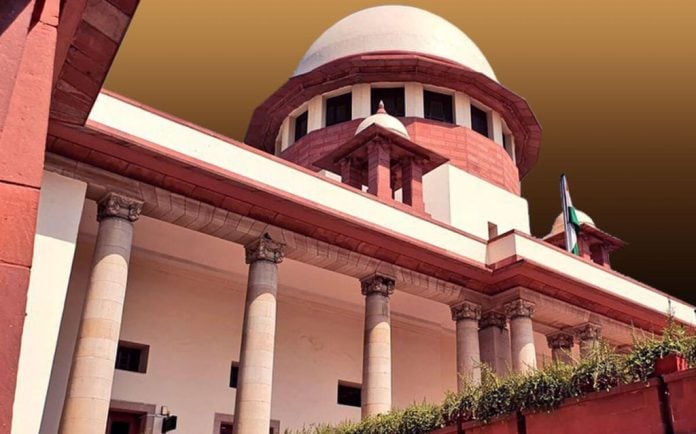A petition has been filed in the Supreme Court, seeking directions to bring policing reforms in Uttarakhand, in the light of murder of a 19-year-old receptionist, who was allegedly killed by a BJP leader in his resort in the hill state.
Filed by an Uttarakhand-based journalist, the matter was mentioned before a Bench headed by Chief Justice Uday Umesh Lalit.
The Bench has directed the lawyer to mention the matter again tomorrow with details of the pending case in the Supreme Court.
Raising the matter, Advocate Rituparn Unniyal said had there been policing system reforms in Uttarakhand, the murder of Ankita Bhandari would not have taken place.
He pointed out that even though the patwari system has been abolished by the High Court in 2018, but it was still in place.
As per the petition, around 60 percent of policing in Uttarakhand was under the Patwari Police, which meant the officials of Revenue department, such as the Qanoongo, Lekhpal and Patwari have been conferred with the power and functions of a police officer to register and investigate an offence.
He said the father of Ankita Bhandari was made to rush between two Kotwali police stations and then to the Patwari office, where the Patwari refused to register his complaint and only accepted a Missing persons” FIR filed by the main accused and the manager of the resort.
Advocate Unniyal said the complaint was finally registered after massive public outrage, while the Patwari concerned was also suspended from his post.
The petition contended that with an increase in Uttarakhand’s crime rate, particularly in the hilly areas and districts, the said system had become relatively impractical, causing miscarriage of justice by prejudicing the victims in the hills and distant parts of the hill state.
It alleged that handling of crimes and offences by the Revenue Police had resulted in a law and order situation, adding that the citizens of Uttarakhand were being discriminated against in terms of Criminal Justice System.
The petition further sought protection and service of regular police for people residing in distant areas of the state.


